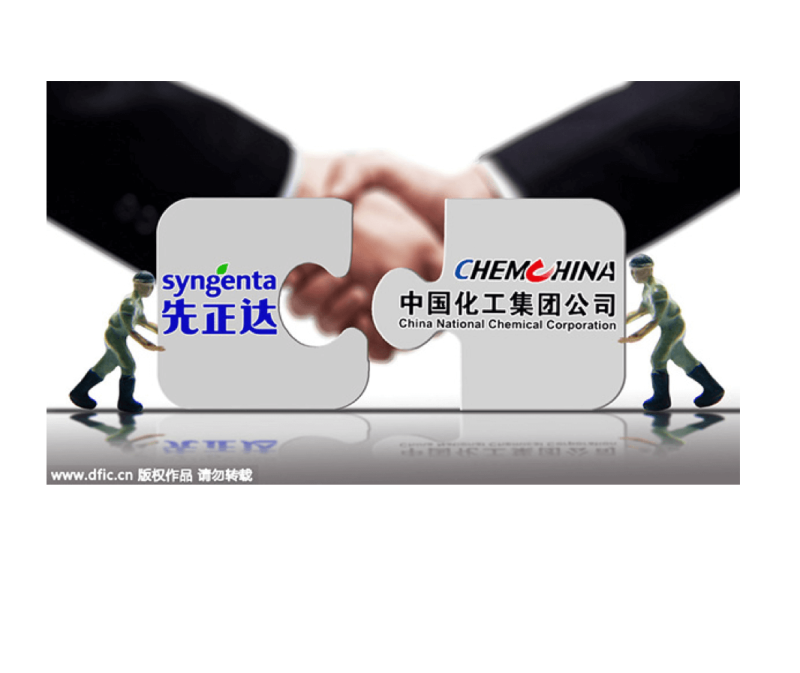The GLP aggregated and excerpted this blog/article to reflect the diversity of news, opinion and analysis.
U.S. opposition to the largest acquisition by a Chinese company is growing, with a top farm-state senator saying the $43 billion takeover of seed giant Syngenta AG could pose risks to the security of America’s food supply.
Sen. Charles Grassley (R., Iowa) launched a public broadside against China National Chemical Corp.’s planned deal, saying that the government must ensure that “we’re not permitting the sale of too much of our food industry, especially when government-controlled entities like ChemChina are the buyers.”
He said in an interview [March 23] that a bipartisan group of senators would seek a formal role for the U.S. Department of Agriculture as the Treasury-led Committee on Foreign Investment in the U.S., or CFIUS, carries out a national security review of the proposed ChemChina-Syngenta deal. . . .
. . . .
Syngenta, based in Switzerland, generates about one-quarter of its sales in North America, where it is a top pesticide seller and supplies an estimated 10% of U.S. soybean seeds and 6% for corn.
. . . .
ChemChina struck a deal to buy Syngenta in February, extending a string of deal making among global giants in the $100 billion market for crop seeds and sprays. . . .
. . . .
Other farm-state lawmakers have their own reservations.
“Whenever the Chinese acquire American operations, it is reason for concern,” said Rep. Jeff Fortenberry (R., Neb.) in a recent statement to The Wall Street Journal. Rep. Adrian Smith, another Nebraska Republican, . . .added: “I plan to look closely at any potential national security implications.”
Michel Demaré, Syngenta’s chairman, said . . . that the ChemChina deal could help the Western seed industry by further opening the country to biotech crops, which currently permits cotton, papaya, sweet peppers and tomatoes.
Read full, original post: Lawmakers Raise Concerns About ChemChina’s Purchase of Syngenta































